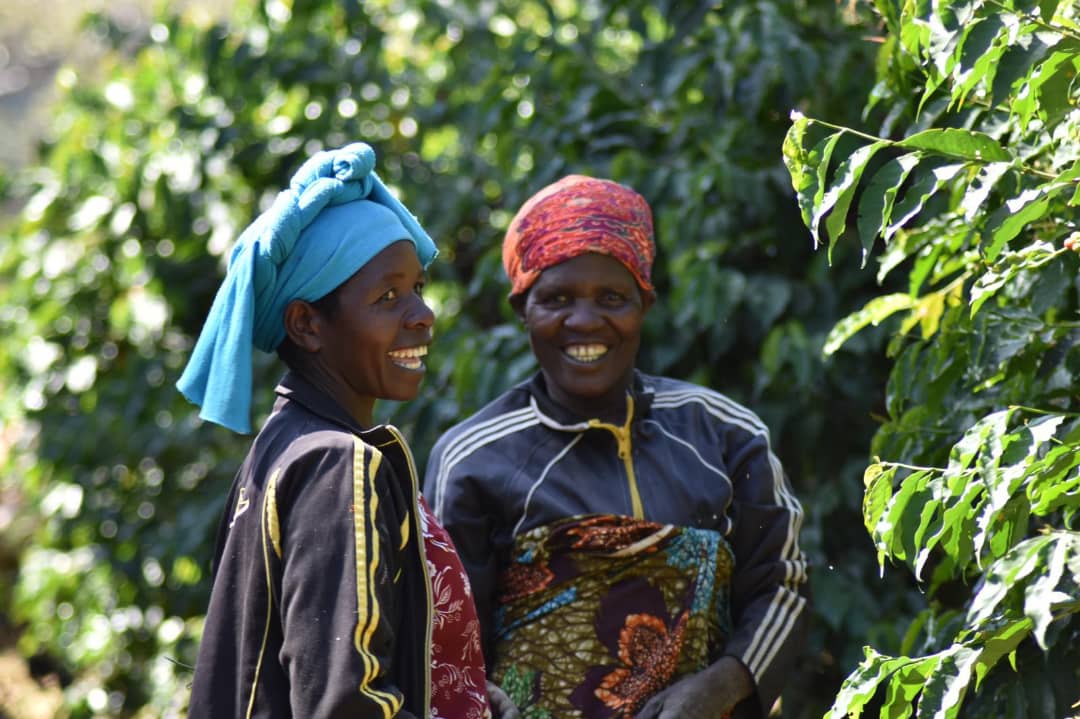[text from The Gleaner press feature]
While travelling up the mountainside in Jamaica, Lauren Le Franc saw many dedicated women producing some of the “best” coffee. She expected communities to reap the benefits of having hard-working small farmers and quality beans. She was wrong.
Le Franc soon found that small-scale farmers in Jamaica are often forced to sell their coffee for low prices to middlemen. Dominated by the big players in the market, small farmers find it difficult to either access funds for expansion or to get fair prices for their current production.
Lauren Le Franc founded the Little Coffee Company in 2017. The company aims to improve the lives of farmers facing poverty by introducing them to sustainable farming methods. Products are 100% natural and pesticide-free, farmers are paid directly (without mark-ups and middlemen) for the sale of their product and funding is given to community projects to help economic independence, women's rights and equal pay.
In 2019, Le Franc was listed among the Top 10 Women in Sustainability by Forbes. Her business model is changing Jamaica for the better.
Le Franc uses social media to inform others about the impact of unsustainable practices in farming. Her latest post on LinkedIn tackled the ‘coffee crisis’.“
As temperatures rise, good coffee will become increasingly difficult to grow. Studies suggest that by 2050, about half of the land used for high-quality coffee will be unproductive,” she shared.
Climate change adaptability measures are also posted to the Little Coffee Company’s page. The helpful bits of information are sourced from experts in the field with the company’s latest post on adaptability mentioning a type of coffee tree that may survive rising temperatures.
“GOOD NEWS! Scientists say a "forgotten" coffee plant that can grow in warmer conditions could help future-proof the drink against climate change! They predict we could soon be sipping ‘Coffea stenophylla’, a rare wild coffee that tastes like high-quality Arabica coffee, but grows in warmer conditions,” she posted.
Roasted, whole or grounded coffee is packaged in 100% recyclable, refillable and reusable premium quality tins with labels. These labels share personal and previously untold stories of women farmers. Female empowerment is high priority for the Little Coffee Company.
On the label of the ‘Jamaican Blue Mountain’ roasted coffee, is a statement from Mrs Watson and an illustration of her face. It reads: “I work with my son to produce this coffee. I am a female farmer from the Jamaican Blue Mountains. It's time for you to know who I am.”
In similar fashion, the ‘Tanzanian Roasted Coffee’ features Neema Musa from Tanzania. Her statement reads: “My dream is to build a house for my family.
Featuring the voiceless is the Little Coffee Company’s way of giving back to women farmers.
Though her business is registered in London, England, its reach transcends the borders. Currently, the Little Coffee Company works with farms in five (5) regions and a total of ten (10) communities.
Lauren Le Franc has won awards such as Inspiring Innovator of the Year 2018 and volunteers at public speaking and leadership events. Le Franc has a law and business degree and was called to the Bar of England and Wales at the Inns of Court. She works on small claims matters and Pro Bono work.
